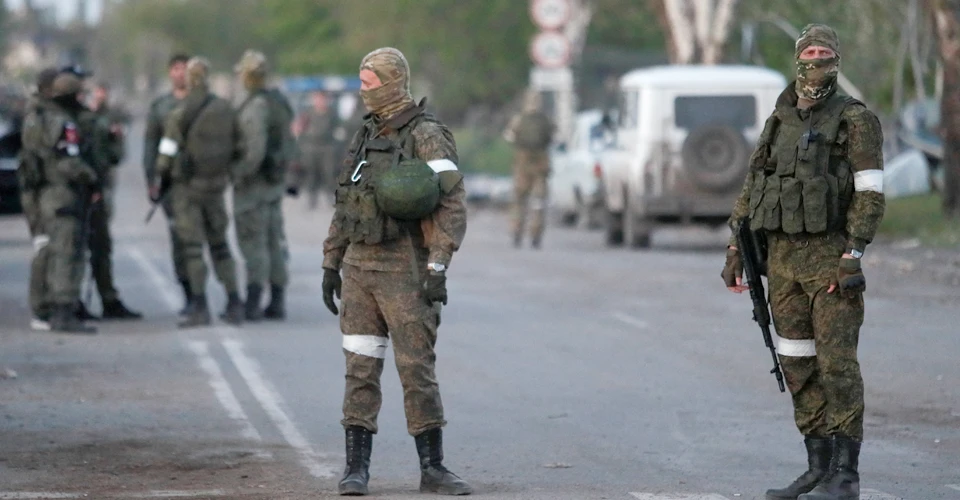
Kremlin doubles covert mobilization due to Kharkiv region defeat - ISW
In Chechnya, Russia has started to call for "self-mobilization" for people to prove their readiness to help Moscow, analysts say
The Institute for the Study of War (ISW) reports.
Experts note that due to Ukraine's counteroffensive actions in the Kharkiv region, Russia is forced to double down on covert mobilization. For this, they involve individual government officials and propagandists. In particular, Ramzan Kadyrov, the head of Chechnya, instead of the Ministry of Defense of the Russian Federation, took upon the responsibility to conduct a recruitment of the people to the Russian army.
He urged not to wait for martial law and to "self-mobilize" citizens of the Russian Federation from each individual republic. His speech supported several governors of Russia, as well as propagandist Margarita Simonyan. Also, the "head" of the temporarily occupied Crimea, Serhiy Aksyonov, announced the formation of two separate dobrobats on the peninsula.
According to the Institute for the Study of War, calls for "self-mobilization" cause a negative reaction in some republics. Thus, in Buryatia, Kalmykia, Tuva, and Yakutia, they began to express their open dissatisfaction with the Kremlin's statement regarding recruitment based on ethnicity.
Analysts also report that the Russian authorities have probably withdrawn their forces from the former Soviet republics in order to transfer them to the war in Ukraine. So, about 1,500 Russian servicemen have been transferred from Tajikistan to Ukraine since the beginning of the full-scale invasion. They also plan to transfer another 600. In addition, the withdrawal of troops was observed from Kyrgyzstan and Armenia to replenish Russian troops. This is likely to have weakened the Kremlin's influence over a number of former Soviet Union and current CSTO (Collective Security Treaty Organization) members.
Ukrainian troops continue counteroffensive operations in the East of Ukraine and increase pressure on Russian positions. In particular, offensive operations continue in Kharkiv region, northern Luhansk region, and eastern Donetsk region.
- News














































